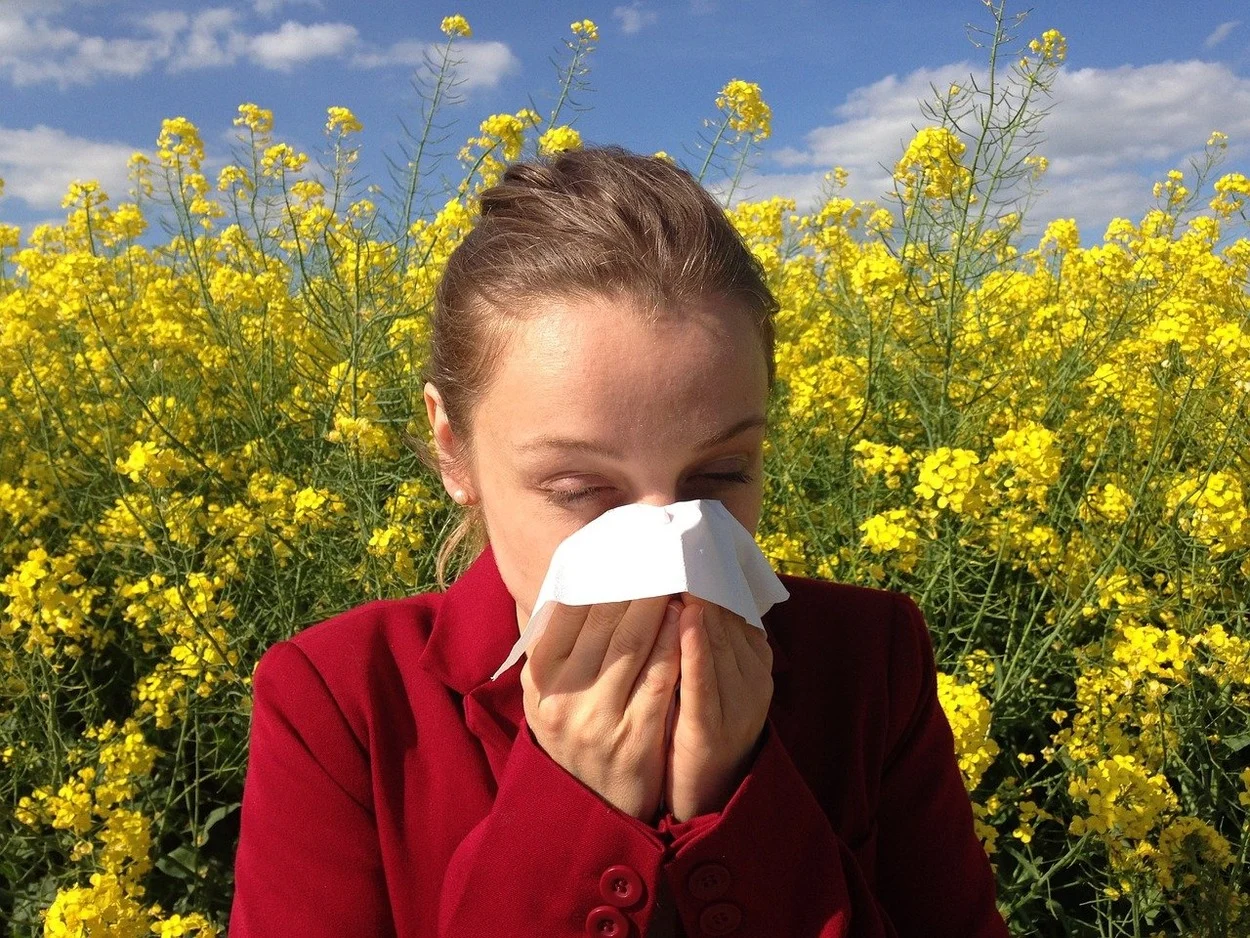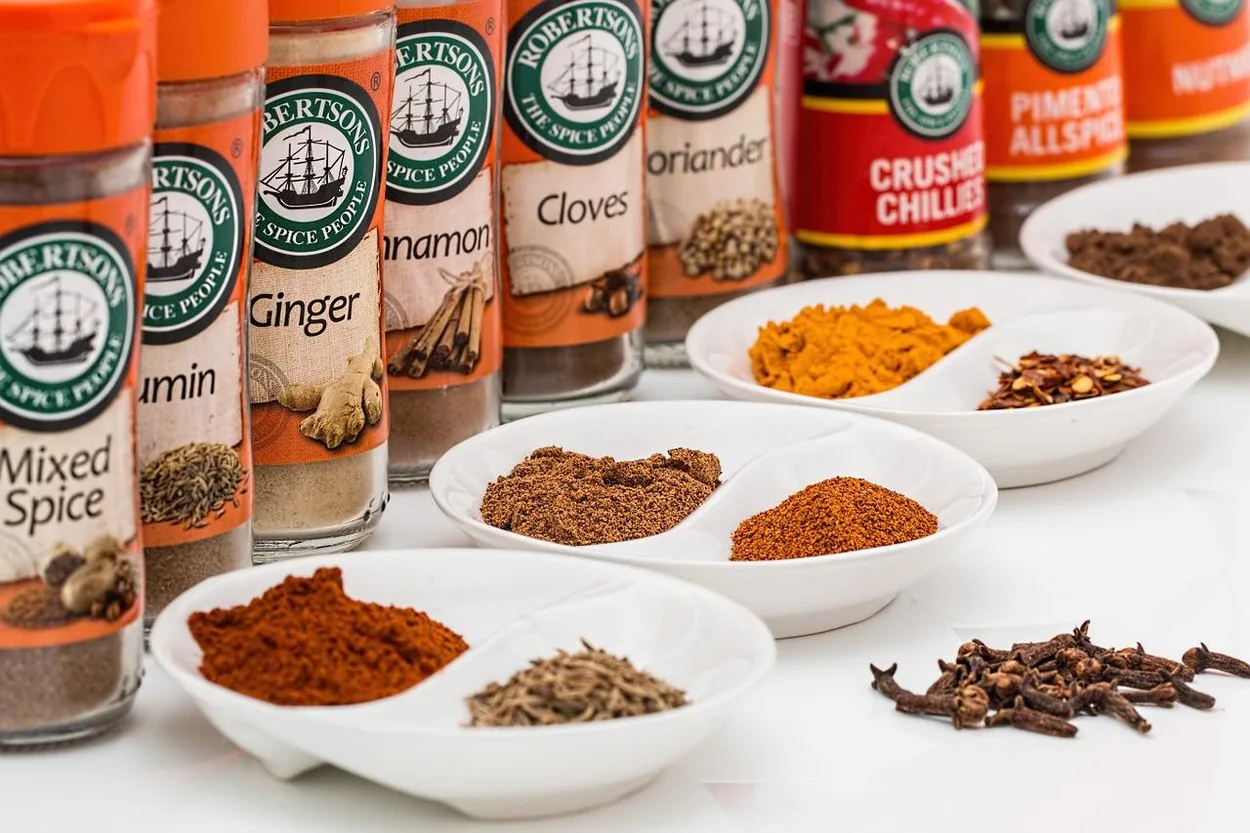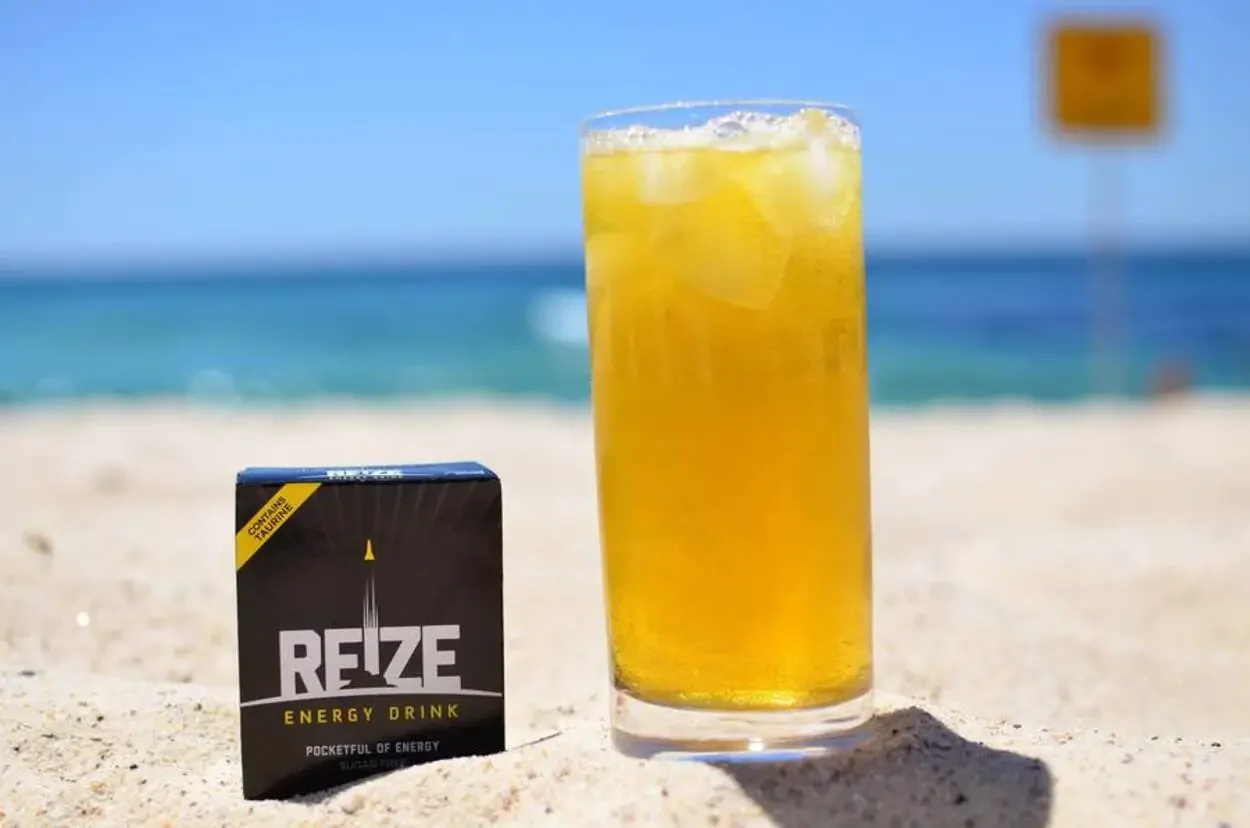Energy drinks can be harmful if not used properly or as directed. Some individuals, particularly children, should avoid consuming energy drinks.
This is because energy drinks include a wide range of ingredients that might have negative consequences on your health, such as headaches, coughing, restlessness, anxiety, and even fatal adverse effects.
There is no direct link between energy drink use and cold; however, specific chemicals may be the reason in rare cases.
So, if you’re one of those who have coughs and sore throats after drinking energy drinks, you should stay tuned in.
Let’s look into the possibilities.
Common Ingredients of Energy Drinks
Every energy drink claims to have something unique to offer, although some substances are included in practically all energy drinks.
| Ingredients | Characteristics |
| Caffeine | An alkaloid and stimulant with a pleasant tidbit. |
| Sugar or sweeteners | Acesulfame potassium and aspartame are repeatedly used. |
| Taurine | Boosts the central nervous procedure. |
| Guarana | It’s used to increase energy levels and extends dopamine and other neurotransmitters that improve mood. |
| Ginseng | Assists with memory |
| L-carnitine | It can be utilized to boost energy and speed up metabolism |
| Glucuronolactone | Occasionally added to diminish fatigue and enhance wellbeing. |
I’ve added a youtube video regarding the adverse effects of energy drinks.
Do Ingredients in Energy Drinks make you Cold?
There is a potential that an ingredient is one of the causes.
Any beverage that claims to boost mental clarity and physical performance and contains high concentrations of a stimulant ingredient—usually caffeine—along with sugar and frequent additions such as vitamins or carnitine.
However, studies have revealed that caffeine is primarily responsible for the stimulating effects of energy drinks. Other components, such as vitamins B6 and B12 and taurine, remain unclear in terms of their biological effects, but they may have them.
The concentrations of vitamins and other ingredients in energy drinks frequently exceed the recommended daily requirements.

Can Caffeine be the Reason for Cold?
Although increased coughing is not a common adverse effect of caffeine intake, it does occur on occasion.
Caffeine usage can either cause or worsen coughing in certain people. Caffeine’s effect on you may be influenced by your regular caffeine intake, any underlying medical conditions, and allergy susceptibility.
Another reason for coughing after drinking coffee is an allergic reaction. Caffeine allergies do occur; however, they’re uncommon.
If you’ve got a caffeine allergy, you might not only get a cough, but you might also get additional physical symptoms, including diarrhea, nausea, vomiting, or stomach cramps.
Keep in mind that this research recommends consuming no more than 400mg of caffeine per day. Otherwise, you may encounter the following unpleasant side effects:
- Restlessness and shakiness
- Insomnia
- Headaches
- Dizziness
- Abnormal heart rhythm
- Dehydration
- Anxiety
- Dependency
Does Sugar is the Factor Behind Cold?
Sugar can increase cold or allergy symptoms such as a continuously runny nose, coughing up a lot of mucus, and signs of a sinus infection.
Sugar is one of the primary elements in energy drinks, and it has an impact on our bodies. When considering sugar consumption, it’s critical to distinguish between naturally occurring sugars and added sugars.
Sugars that occur naturally in food and are not added during processing include those found in vegetables, fruits, and many dairy products.
Added sugars, on the other hand, are any sugars that were added during the manufacturing process, whether they were high-fructose corn syrup, honey, or another material.
According to nutritionists, the beverage’s high sugar level does far more harm than you may believe. After the first taste, your body is quickly overwhelmed by great sweetness, and your blood sugar levels begin to climb within an hour or two.
This forces the pancreas to produce more insulin in order to adapt to the changes, and within the first several hours, you may experience a sugar “high“.
Following this, your energy levels may plummet, leaving you weary, sluggish, and lethargic. The cycle repeats, making you crave sweets and forcing you to participate in poor eating habits.
Other side effects of having too much sugar have been given below.
- Obesity
- Type 2 diabetes
- Heart disease
- Depression
- Anxiety

Is Ginseng Good for Coughing?
Ginseng can be used to treat a persistent dry cough.
It has anti-inflammatory and pain-relieving properties. Ginseng has been used in traditional Chinese medicine for ages as a source of naturally occurring energy boosters.
Although ginseng has many benefits for one’s overall health, numerous studies have proved its benefits for persons suffering from the common cold.
In one study, participants in one group took two capsules of North American ginseng, also known as Panax quinquefolius, daily for four months, while the control group received a placebo.
According to the findings, ingesting ginseng lowered the incidence of repeated colds by approximately 12.8%.
Other Causes of Coughing
Coughing is intended to keep you safe while ejecting substances such as eaten food or dirt that should not be in your lungs or windpipe. The typical triggers are detailed further below.
Viruses
It’s one of the most common causes of colds and influenza. While irritating, a “productive” cough aid in the spread of illness by removing mucky mucus from your lungs.
The majority will be gone in a few days; however, some “dry” coughs might last for weeks after a cold.
This could be due to coughing irritating your lungs, which encourages you to cough more, further irritating your lungs, and so on.
Postnasal Drip
When you’ve got a cold, mucus from your nose enters your throat and causes you to cough.
The common cold, allergies, sinus infections, flu, and other diseases can all cause postnasal drip.
Acid Reflux
When you’ve heartburn, stomach acids can back up into your throat, especially at night.
Coughing is caused by irritation of the throat, vocal cords, and windpipe.
How to Cure a Cold?
Let’s look at some of the most prevalent cough cures.
Medicines
There are several things that can be done to benefit from over-the-counter cough medications.
Suppressants reduce your desire to cough. Expectorants thin the mucus, making coughing easier.
Home Remedies
There are several things that can be done to benefit from over-the-counter cough medications.
Suppressants reduce your desire to cough. Expectorants thin the mucus, making coughing easier.

Time
The most likely culprits are common viruses. The cough might last for weeks or months after the disease has disappeared.
With time, your airways will begin to heal and the coughing will stop.
Can Black Coffee Reduce Cold?
Black coffee dissolves mucous and temporarily relieves it.
Because of the caffeine content, two cups per day should be the maximum as excessive caffeine use is dangerous.
Because of the caffeine in black and brown tea, thick mucus may form. When caffeine is ingested, it promotes dehydration and thick mucus.
Clear liquids such as broth, juice, water, and other beverages should be consumed from sunrise to sunset.
A healthy immune system fights illness by drinking plenty of water. Coffee, energy drinks, and caffeine, on the other hand, should be avoided.
Do Energy Drink help with Colds?
Although energy drinks cannot totally cure a cold, they can provide a boost of vitality, especially if you’re too busy to get one.
Caffeine consumption increased alertness and performance in a trial involving people with colds.
Consuming energy drinks when suffering from a cold can thus be useful.
Is it Okay to mix Energy Drinks with Cold Medicine?
Avoid combining energy drinks and cold medications.
While it may provide euphoria, it’s extremely risky and has the potential to be lethal, so I strongly advise against it. It’s almost as bad as combining alcohol and energy drinks.
As long as you’ve got the doctor’s consent, you can drink energy drinks before or after your medicine.
Best Energy Drink for Cold- REIZE
Looking for a cheap powdered energy drink to help you get through a cold? I’ve got your back.
REIZE Energy Drink is my go-to energy drink when I’m sick and need a pick-me-up.
On the days when I’m feeling not to up to the mark, I always select REIZE because it comes in a handy 4g sachet with 50mg of caffeine, 11 calories, and no sugar. It definitely has a good impact on my mood.

It not only has a reasonable amount of caffeine, but it also contains a clever blend of healthy components such as taurine, ginseng, and B vitamins.
Its ingredient content is the right blend for me to get the energy boost I need without worrying about additional side effects or a sugar crash afterward.
Did I also mention how inexpensive it is? REIZE can be delivered to your door for roughly $1 for each drink.
So give REIZE a try today, and you might discover that it’s also the finest energy drink for you while you’re sick.
Final Verdict
- When not utilized appropriately or as advised, energy drinks can be dangerous. Some people, especially children, should avoid ingesting energy beverages.
- This is because energy drinks contain a variety of substances that might have a bad impact on your health, such as headaches, coughing, restlessness, anxiety, and even death.
- There is no direct link between energy drink use and coughing, but, in rare circumstances, particular substances may be the cause.
- A few basic ingredients of energy drinks have been given below.
- Caffeine
- Sugar
- Ginseng

